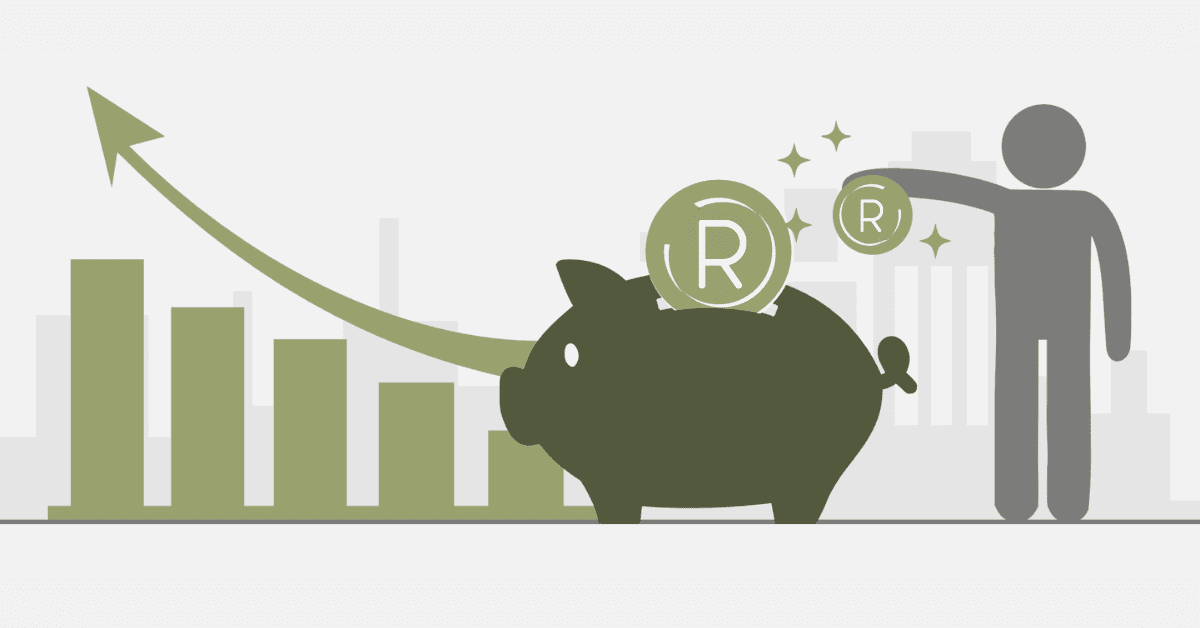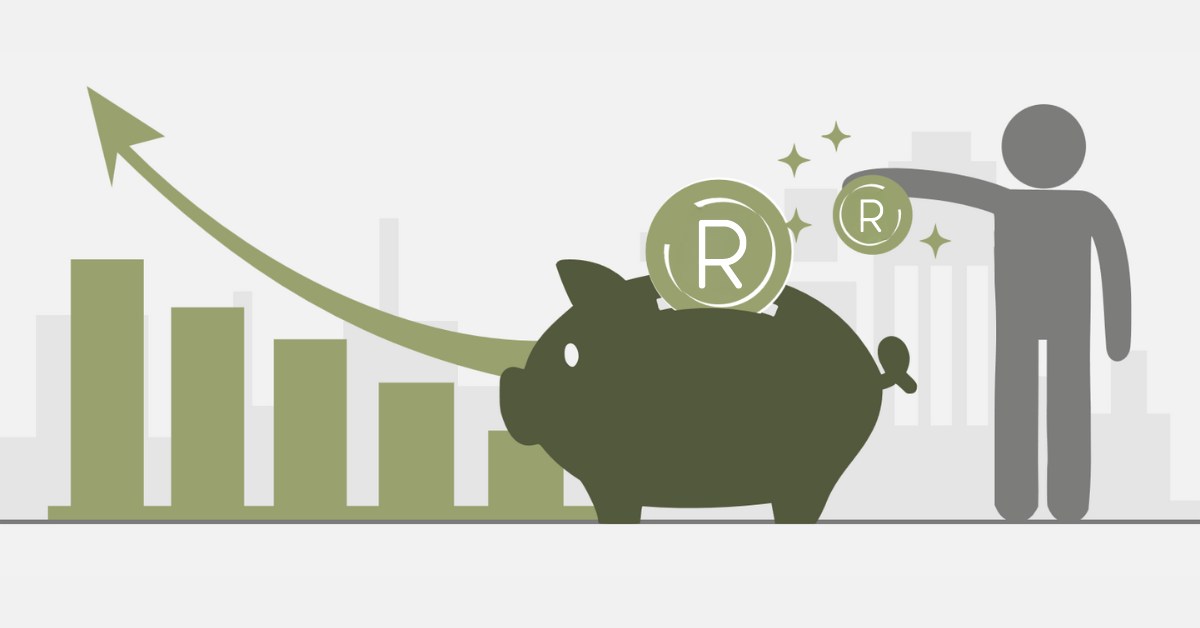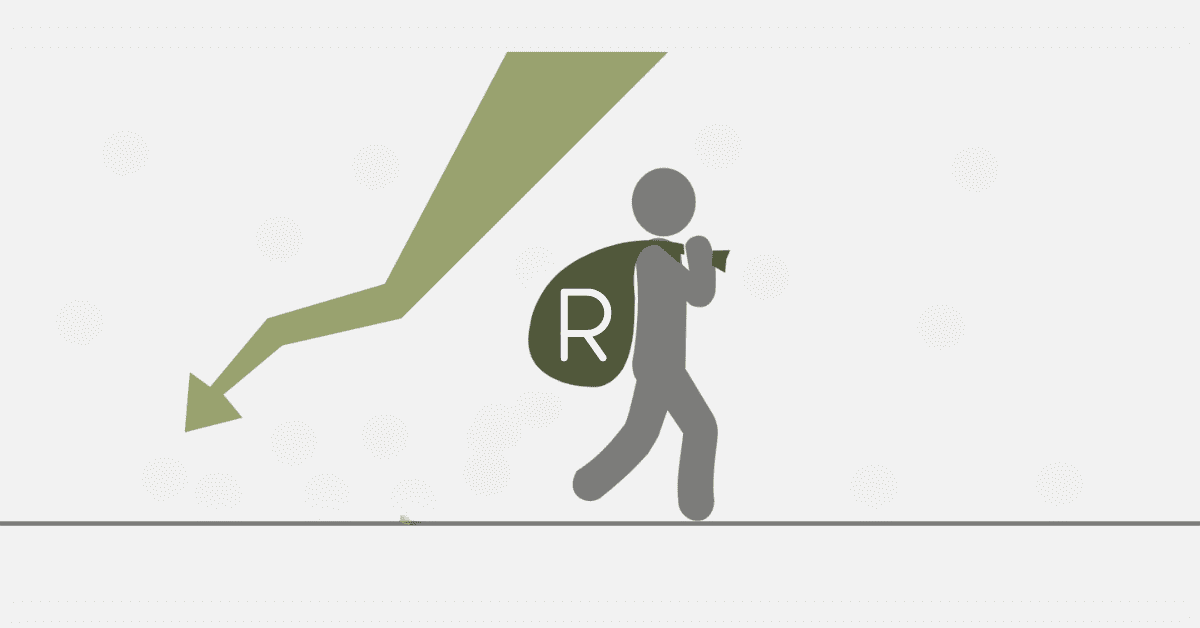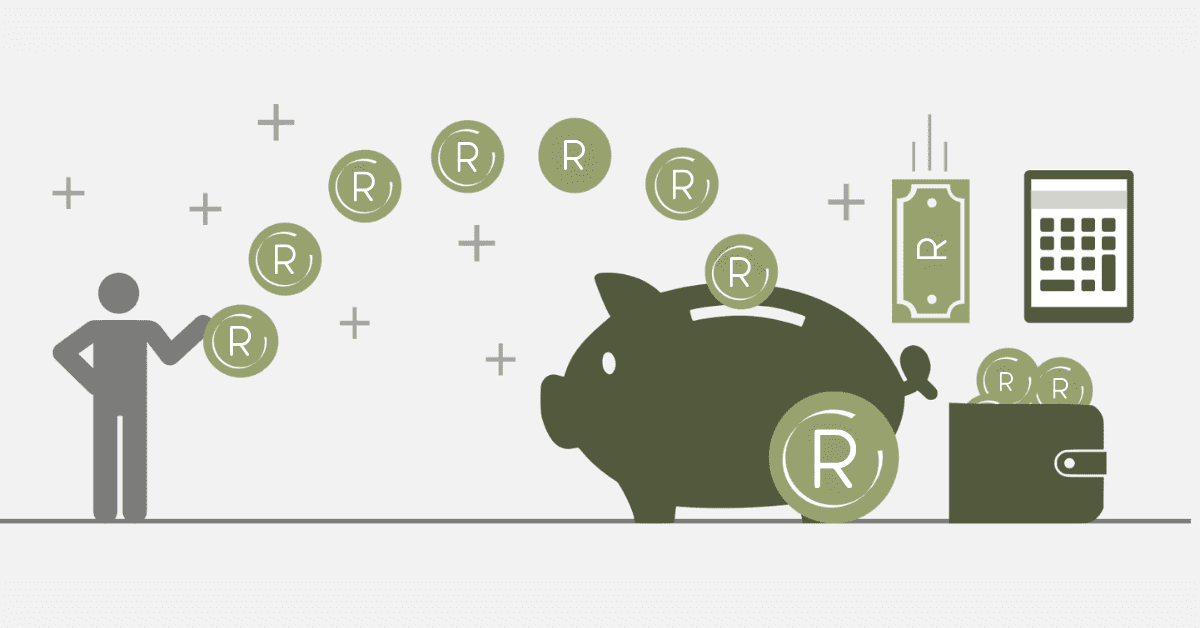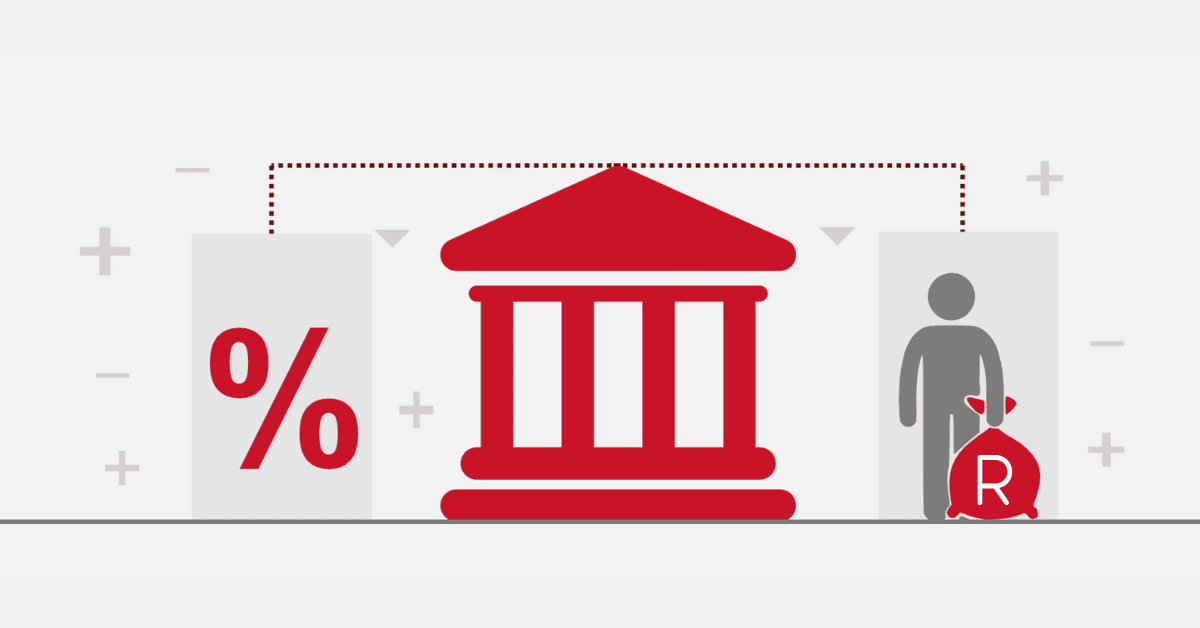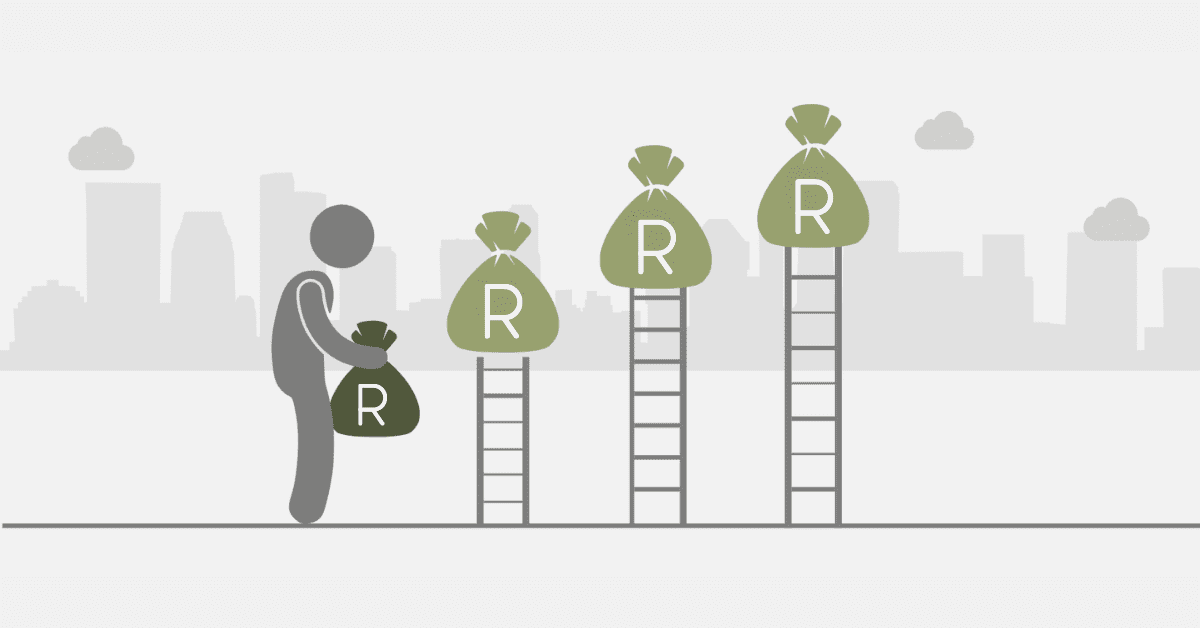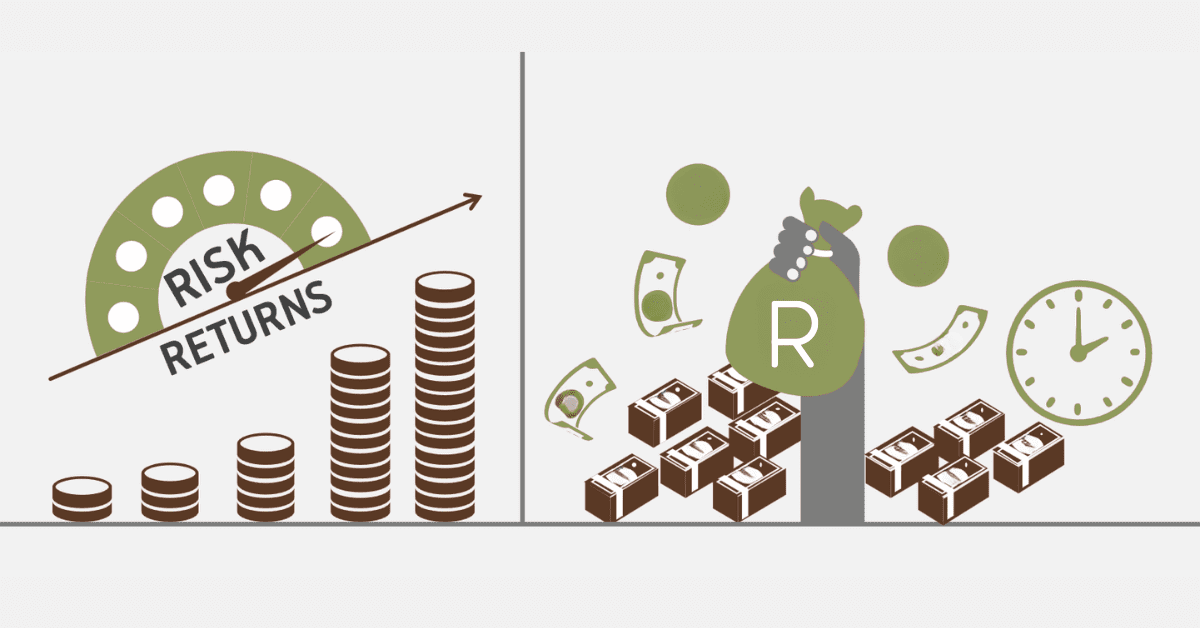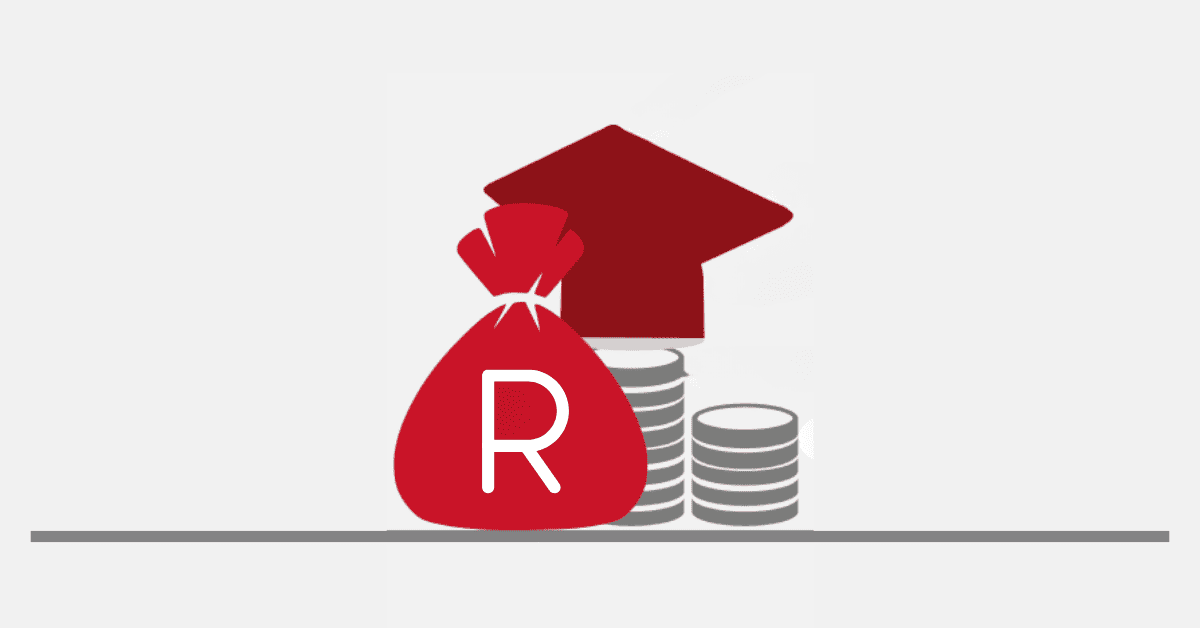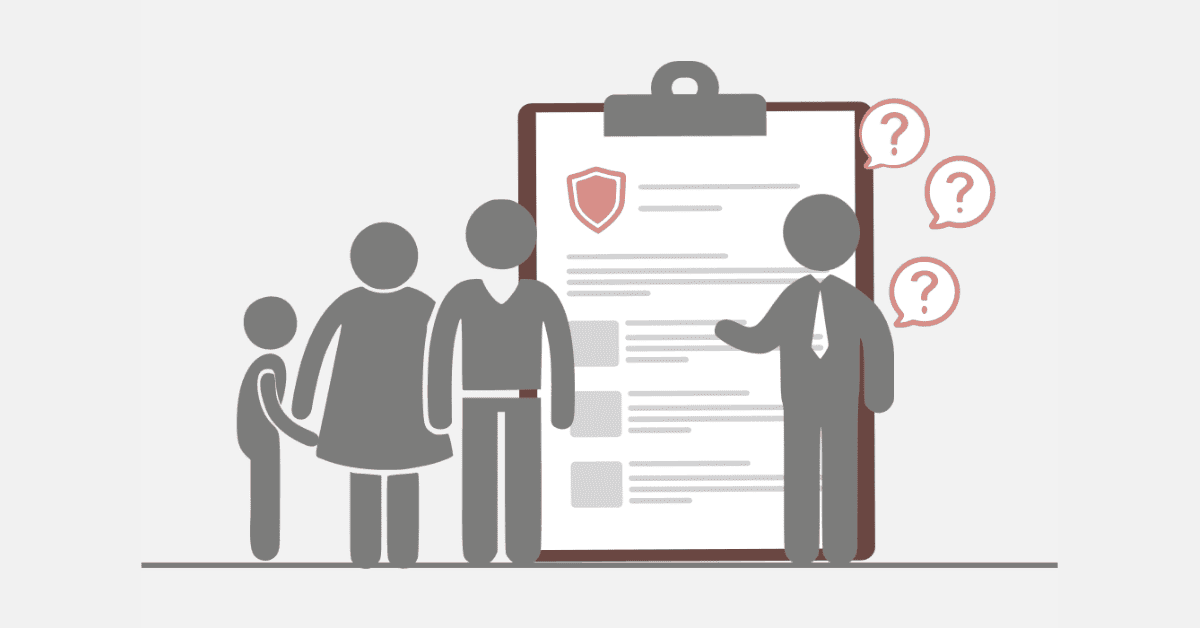December is a time for festive jamborees and gift-giving, usually accompanied by lavish spending. For many South Africans, January brings the backlog of all holiday expenses. Now looms the perfect opportunity to look back and revive your financial ways. Well-conscious and informed decisions can help retrieve one’s economic balance and set a platform for long-term monetary stability.
6 Steps to Recover From December’s Financial Hangover
Shave Back Your Expenses
First, to recover from a financial hangover, one would look critically at spending and cut unnecessary expenses. Review your monthly bills, subscriptions, and services you can easily do without—access streaming services, gym memberships, or a premium phone plan. South Africa can be a very pricey country to live in, especially in cities, so ways of saving money are essential. Opt for cheaper grocery store options, and limit the number of times one dines out.
Simple things save money, like preparing home food and meal planning. Use the offers and discounts displayed in local shops locally. Another effective measure is trimming utility bills through increased water usage and electricity awareness. Adopt energy-saving methods like switching off lights that are not in use and take quicker showers. These little habits, if continued long enough, will save you buckets that you can use to offset the holidays’ financial strain.
Reassess Your Borrowing
Second, look closely at your borrowing habits. Festive seasons usually result in increased usage of credit cards and personal loans and a rise in debt levels. First, get all your credit card statements and loan documents and sit down to recognize the overall scenario concerning debt. Now, focus on the debt with higher interest first. If you have several debts that have different, relatively high interest rates, consider consolidating them into one loan at a better interest rate.
Such loans make life easier on the single monthly payments and reduce the overall interest paid. Several financial institutions offer debt consolidation services in South Africa to cater to both low and high-income levels. Avoid creating new debt unless it is essential. Make sure to create an emergency fund to service unexpected expenses so that fewer emergencies require taking on more debt. Adopting a disciplined approach toward managing existing debtors and avoiding new borrowing can significantly improve your financial health.
Be a Hustler
Another way to nurse a financial hangover is to increase your income. Find ways to supplement your primary income through side hustles or freelance work. In SA, the gig economy is booming, offering diverse avenues for additional money streams. Popular options include ride-sharing services, online tutoring, and freelance writing. You can also sell unwanted items online or at local markets to boost your earnings flow instantly.
Think about your abilities and areas of interest, and then design products or services that will bring you money. For example, if you are a good baker, then sell some baked goods. Use cyberspace to your advantage through online platforms and social media. Besides the obvious benefit of covering the immediate necessities, diversifying one’s income streams can buy financial security and make one more resilient to future economic challenges.
Pretend It’s Level 5 Again
Reflection on those very strict budgetary behaviors learned during the lockdown Level 5 in South Africa can be a lesson in managing cash. A lot of people reduced unnecessary expenses during this season to a great extent and only spent money based on needs. By returning to these practices, you will be on the right path to recovering from a financial hangover. It’s your time to learn to live a more simplified life, cutting back spending on appeasing habits such as eating out, entertainment, and shopping.
Use the money saved through such cuts toward debt repayment or an emergency fund. When making purchasing decisions, know how to differentiate needs from wants. This disciplined attitude will help you recover immediately and inculcate long-term financial wisdom that will help you fight against any future financial upheavals.
Learn How to Budget
Keeping a budget and living within your means is fundamental to controlling your finances and recovering from holiday overspending. Start by tracking your income and every expense. Use free, readily available budgeting tools or apps to organize and track your finances. Level an appropriate fund for basic expenses like rent, grocers, and utilities, and set bounds for discretionary spending. Add a category to the budget for savings to assist in putting money away consistently towards long-term goals. Follow up or update your budget as needed to reflect changes in income or expenses.
Inflation and the cost of living in South Africa keep changing frequently; therefore, one has to be constantly flexible with the budget. A well-structured budget can help any individual regain control over his or her financial life. This freedom allows one to avoid irrelevant debt and work towards a financially stable life.
Avoid the Post-Christmas Sales
While the offer of post-Christmas sales may be attractive, it is crucial to show restraint. Many go for impulsive spending in such sales that strain them further financially. Ignore the temptation to avail of those discounts but focus on priorities within immediate finance, such as paying off debt and saving money. If you really ought to buy something, schedule it and budget to ensure it suits your current finances. Furthermore, consider waiting for future sales events if you are better positioned to face them. In this sense, practicing mindful spending and prioritizing financial recovery over shopping can make considerable differences in getting over a monetary hangover.
Final Thoughts
Recovery from the cash hangover will call for a deadly combination of slashing expenses, reassessing borrowing habits, seeking additional income, and adopting minimalist practices. These can help ensure South Africans regain control over their finances, setting them sound toward financial stability in the new year ahead. There is no easy way to recover financially. It calls for an extended period of required discipline, patience, and unremitting effort.
